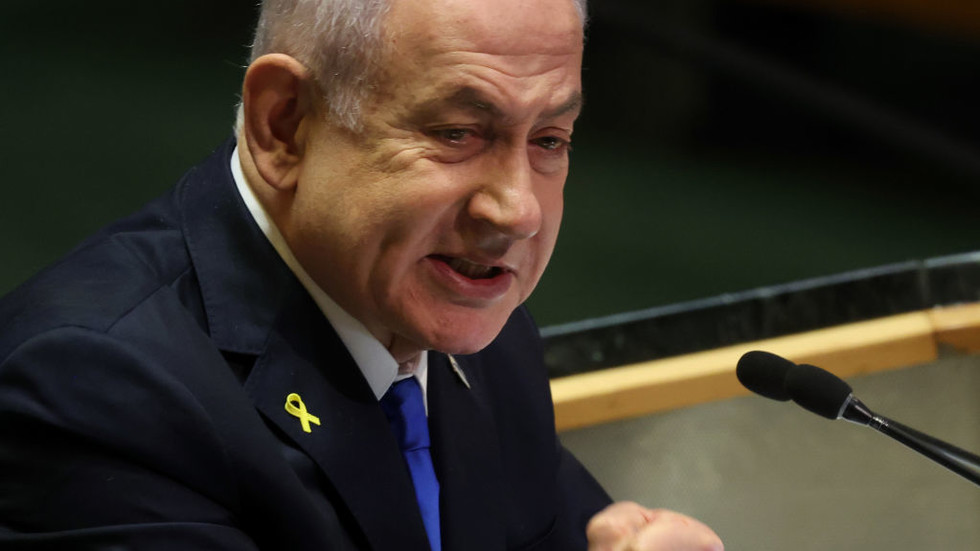On Thursday, the International Criminal Court (ICC) in The Hague issued arrest warrants for Israeli Prime Minister Benjamin Netanyahu and former Defense Minister Yoav Gallant, in connection with alleged war crimes and crimes against humanity related to the Gaza conflict. The charges against Netanyahu and Gallant include the use of starvation as a method of warfare, with accusations that they deliberately deprived the civilian population in Gaza of vital resources such as food, water, and medicine. The ICC claims that these actions were not warranted by any military necessity and constitute serious violations of international law. Alongside Netanyahu and Gallant, Hamas military leader Mohammed Deif has also been named in a warrant for crimes linked to the conflict, including murder and hostage-taking, following his orchestration of the October 7 attacks on Israel.
The issuance of these arrest warrants has ignited significant backlash, particularly from Israeli officials. Former Prime Minister Naftali Bennett has condemned the warrants, describing them as a “mark of shame,” while opposition leader Yair Lapid criticized the decision as a “reward for terrorism.” The Israeli government has firmly rebutted allegations of war crimes, arguing that they reject the jurisdiction of the ICC. Moreover, a coalition of countries, including the United States and Russia, also does not recognize the ICC’s authority, further complicating the situation. Israel has publicly challenged the ICC’s jurisdiction, claiming it was not granted the opportunity to investigate the allegations within its own legal framework, and has dismissed the court’s actions as misguided political interference.
In light of the ICC’s actions, American political responses have emerged, particularly among Republican lawmakers. Incoming Senate Majority Leader John Thune has threatened to impose sanctions against the ICC, echoing sentiments articulated in earlier House legislative measures. Thune emphasized the need for the Senate to take action should the ICC not reverse its “outrageous” decision, a sentiment shared by other Senate members, including Senator Susan Collins, who has expressed a commitment to both supporting Israel and seeking punitive measures against the ICC. This reflects a growing trend among certain U.S. lawmakers who are increasingly critical of international institutions perceived to challenge American allies.
The ICC investigation into these allegations aligns with its broader scrutiny of the ongoing conflict in Gaza, which has seen extensive violence and humanitarian crises. Prosecutor Karim Khan has been investigating potential war crimes committed by both Israeli forces and Hamas since May, asserting that there are reasonable grounds to believe that various forms of crimes against humanity, including inhumane acts, have occurred. The Pre-Trial Chamber of the ICC concluded that sufficient evidence exists linking the accused individuals with these crimes, a determination that has led to the recent issuance of warrants.
The crisis in Gaza itself has become more dire, with reports of significant civilian suffering attributed to the military strategies employed. Humanitarian groups have accused both Israel and Hamas of inflicting severe hardships on civilians, exacerbating the already critical situation in the region. The legal battles in The Hague come amid ongoing conflicts that have left myriad casualties and led to a pronounced humanitarian crisis, drawing international concern and condemnation from various quarters.
In a broader context, the ICC’s actions reflect persistent tensions surrounding international law, accountability, and the politicization of justice. The recent warrants are part of ongoing global discourse about how to respond to acts of war, humanitarian violations, and the conduct of leaders during conflict. Previous warrant issuances by the ICC, including those against prominent figures such as Russian President Vladimir Putin, indicate a pattern of the court extending its reach into high-profile cases of alleged wrongdoing, prompting a range of responses from sovereign nations with vested interests in maintaining their political and legal autonomy. The implications of these recent developments will likely resonate within the complex landscape of international relations and law, further complicating efforts to achieve peace and justice in conflict-affected areas.

